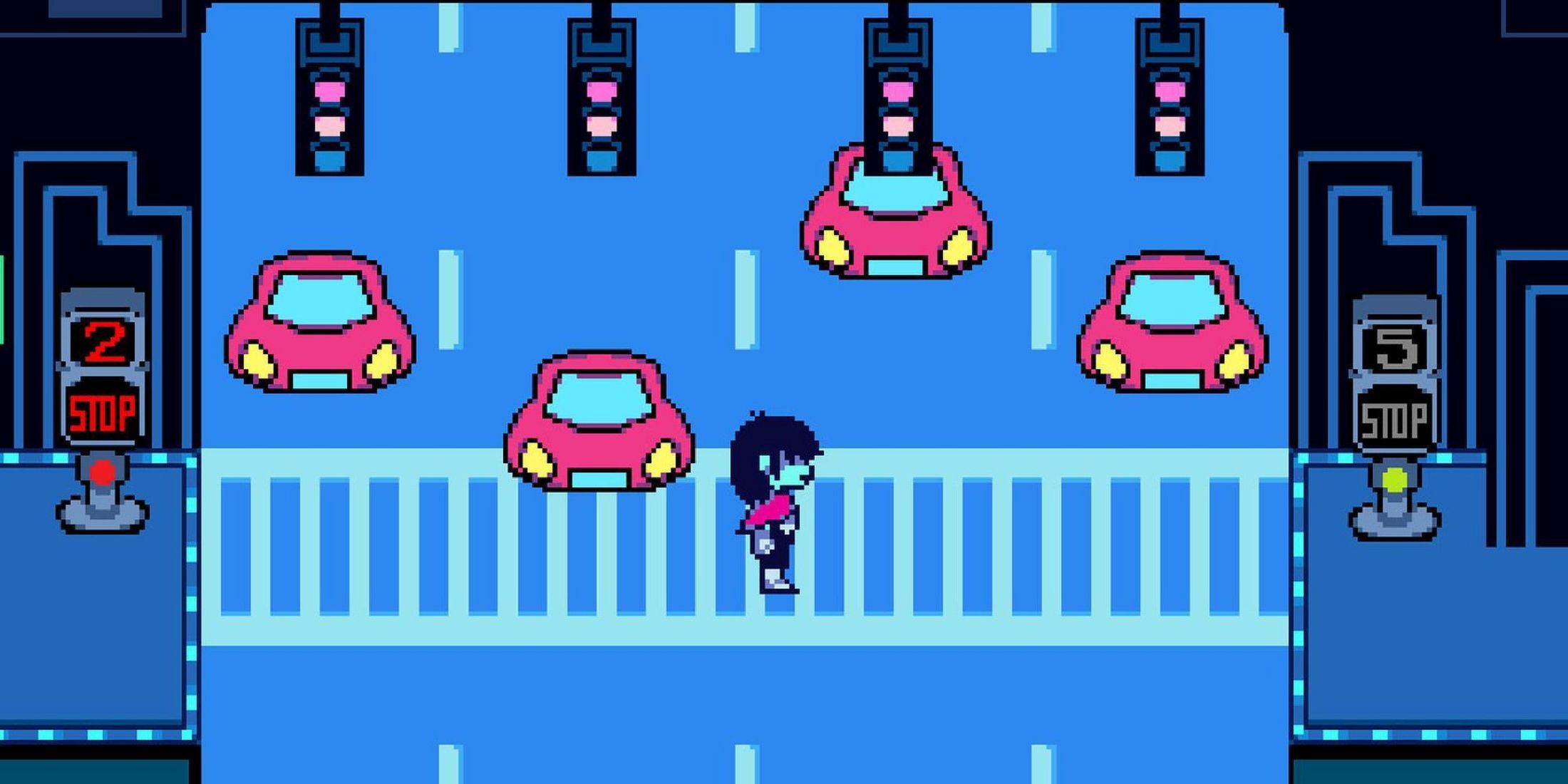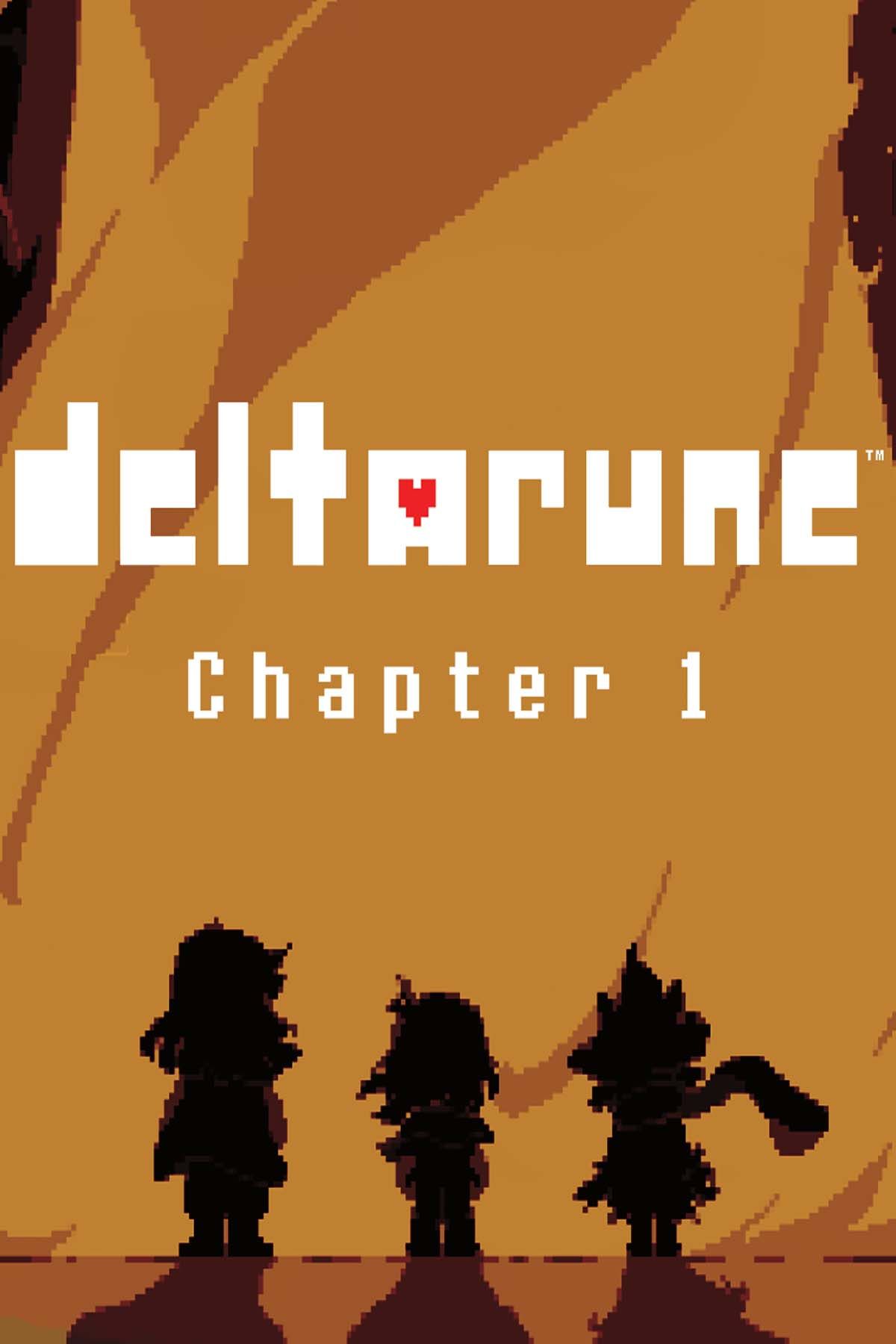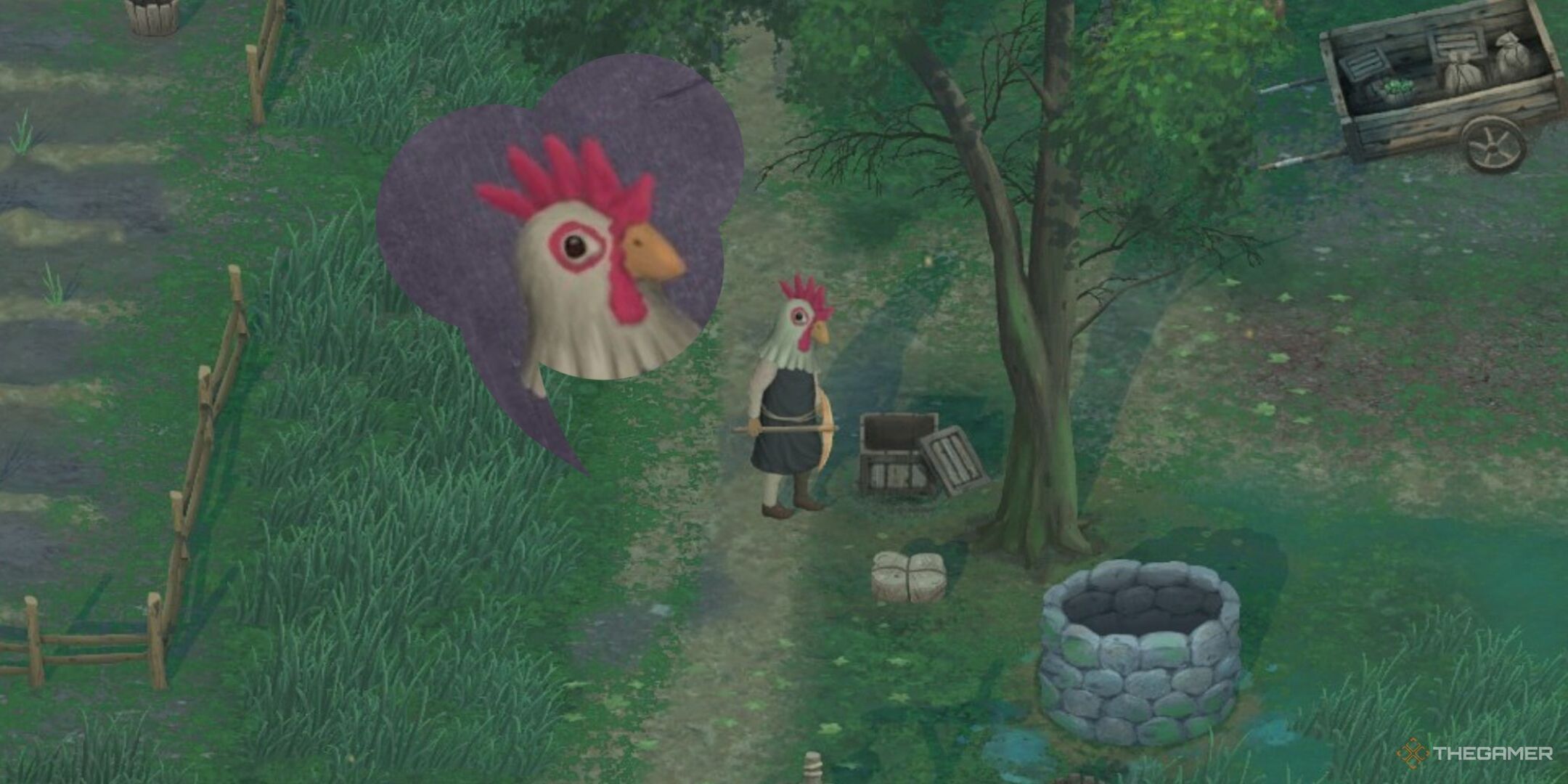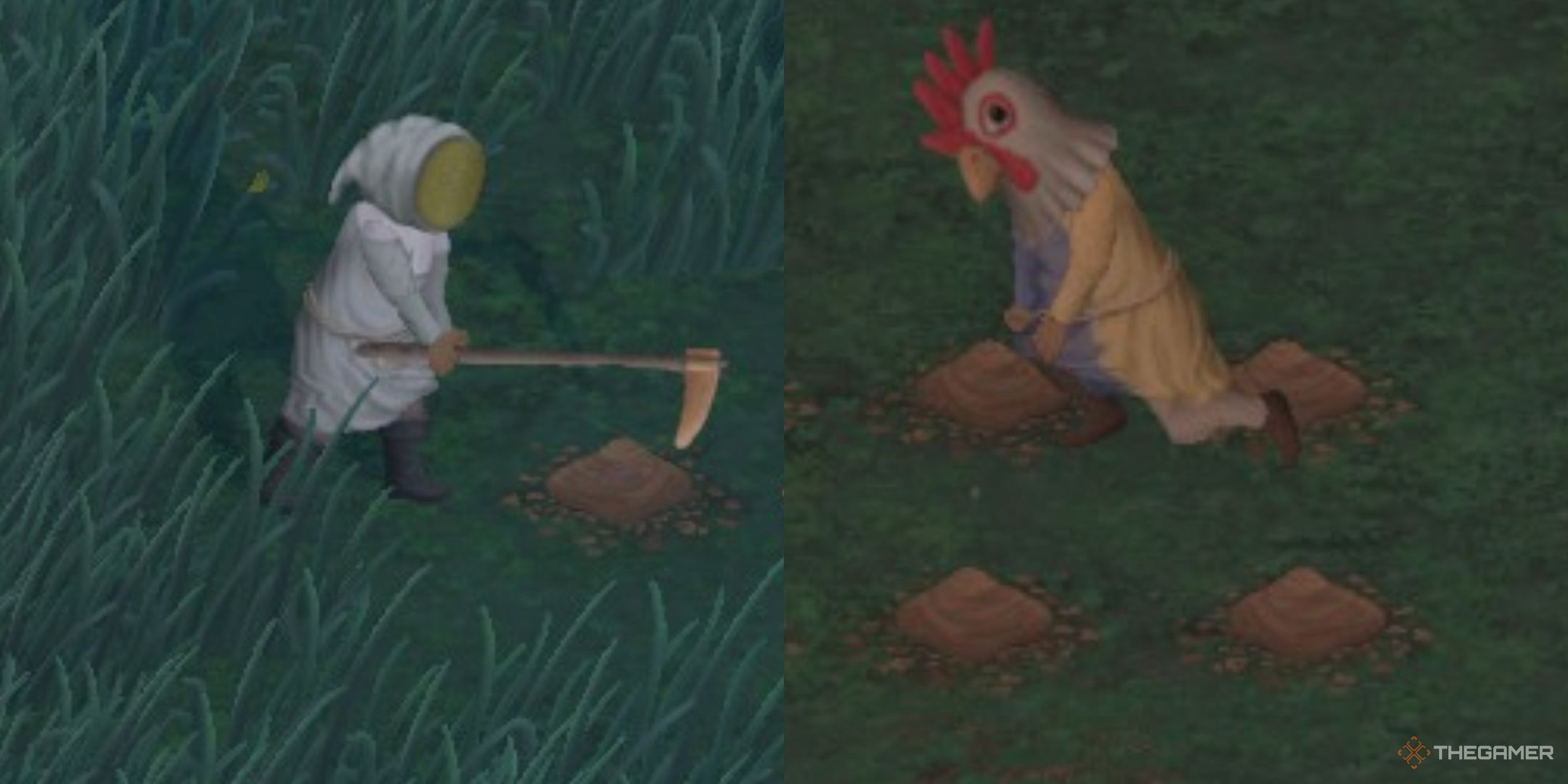Deltarune is the highly-anticipated successor to Undertale, the hit indie RPG that took the gaming world by storm in 2015. Though the two games are part of the same franchise, Deltarune is not a traditional sequel. Rather, it’s a “follow-up” to Undertale, as series developer Toby Fox puts it. Deltarune contains many of the same characters and plot elements from its predecessor, but it’s set in an alternate universe of sorts, one in which monsters are not banished to the Underground realm and instead live alongside humans in the modern day. Like Undertale, the game features a mechanic that allows players to resolve conflicts either peacefully or violently, which shapes its overarching narrative.
The original Undertale launched in a fairly traditional manner; instead of using an early access release model like many other modern indie games, Toby Fox released the complete, finished version of the RPG in 2015. Deltarune, however, is not following this business model, since it’s being released in an episodic format. The first episode, or “chapter,” of the game came out in October 2018 for macOS and Windows PCs, before later being ported to Switch and PS4 in February 2019. Deltarune‘s second chapter, meanwhile, was launched in September 2021, while Deltarune‘s third and fourth chapters are slated to debut sometime in 2025. This unconventional release strategy may benefit Deltarune in some ways, but it does have some significant cons.

Related
Toby Fox Shares New Update on Deltarune Chapter 5 Progress
Deltarune creator Toby Fox gives fans another brief but encouraging update about the game and the development status of its fifth chapter.
The Episodic Release Strategy for Deltarune Has Some Pros and Cons
Deltarune’s Episodic Release Strategy Gives Players a Taste of the Game Before Its 1.0 Release
By the time Deltarune‘s third and fourth chapters are released, approximately ten years will have passed since the initial launch of Undertale. This is an exorbitantly lengthy period of time between two installments in a video game franchise. Fortunately, Undertale fans didn’t have to wait that long to get their hands on Deltarune, given that the first episode of the game was released three years after its predecessor’s debut. Due to this release strategy, players are able to experience the early portions of Deltarune before its official 1.0 launch, sort of like an early access title. On top of that, the game’s first two chapters are entirely free, so gamers can test it out for themselves without any inherent monetary risks.
Compared to Other Episodic Games, Deltarune Suffers from a Major Problem
Deltarune‘s release strategy does, however, have one major con: it makes telling a cohesive story a lot harder. To be clear, the upcoming follow–up to Undertale is certainly not the first narrative-driven game to be launched in an episodic format. For example, Telltale’s games popularized and embraced this business model way before Deltarune did. Telltale’s The Walking Dead, Tales from the Borderlands, The Wolf Among Us and other choice-driven adventure games from the aforementioned developer were released episodically.
The difference between Deltarune and most Telltale games is evident in the cadence of their episodic releases. Each episode of Telltale’s The Walking Dead, for instance, was released on a near-monthly basis. The first episode of the game came out in April 2012, while the final, fifth episode was released in November of that year. The gaps between Deltarune‘s episodes, on the other hand, aren’t nearly as short. It took about three years for the second chapter of Deltarune to be released, and an additional four years for the impending launch of its third and fourth chapters.
The Gap Between Deltarune’s Episodes Makes Its Story Harder to Comprehend
Deltarune is being developed by a four-person team, so it’s understandable that its development is taking so long. However, since fans have to wait years in between new chapters, keeping up with the plot of the RPG can be challenging. Most gamers are likely not going to remember the story of a game they played years ago, so if they get back into Deltarune after a three-to-four year hiatus, they may end up being confused about its narrative if they don’t look up a summary online or replay everything that came before. Taking this into account, an episodic release strategy may not have been the best move for the game.













Leave a Reply